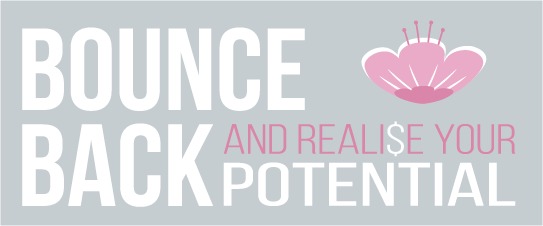Planning for Tax Time – Tips if you’re a sole trader
Can you believe it’s already April and we’ve just started the last quarter of this financial year. So that means it’s time to think about tax planning. Yep, I know, it’s one of those things that we try and ignore but really if we put aside an hour or so and made some plans with our accountant it could make all the difference when it comes to tax time. It can be an incredibly stressful time for any business owner, but with a little pre-planning and using an expert it can easily reduce the stress whilst at the same time maximising your return.
I’ve just had my meeting with my accountant to finalise last year’s tax – seems like the year has flown by so quickly, with coming out of Covid, having the most amazing summer weather and getting the kids settled back into school I can’t even think about this year’s tax return. But here are my top tips for sole traders to be prepared for tax time.
- Make sure you separate your business and personal expenses. It might seem simpler to keep one bank account for all your business and personal expenses but it can be confusing and time consuming to extract the relevant information to prepare the tax return. The best thing to do is to pay all your business expenses through a business bank account as this will ensure that you don’t miss out on any deductions.
- Know the Rules around what you can claim. If you are spending money on things that help you make money in your business it will be either fully or partially deductible. You need to make sure that you are only claiming the portion of the expenses that are used in your business. For example, if you are claiming a car, you will need to keep records of what percentage is for business and what is for personal and the relevant expenses are then claimed. Keeping a log book is the easiest way to determine this and often you only have to keep a log book for 3 months. Other expenses such as mobile phone and internet can be determined by keeping a 4 week diary of usage.
- Organise your records – Don’t wait until the last meeting to sort out your paperwork. I suggest scanning all your business receipts weekly and keeping them in organised computer folders so that you can get your hands on them if the tax office requires more information. Keeping a spreadsheet of all your business related expenses is also an easy way to keep on top of the information if you don’t use an accounting package.
- Use an Accountant. You might think that you can manage your own tax affairs, however, for the investment of a few hundred to a few thousand dollars depending on the complexity of your situation, an accountant will prepare your financial reports, deal with fringe benefits tax, superannuation contributions, depreciation and lodge your tax returns for you. They may even notify you of your obligations in regards to ASIC and if you want additional help, they can lodge your BAS too. Why do it yourself when you can outsource to an expert!
- Finally, make sure you set aside tax and GST if you are registered throughout the year to avoid a nasty surprise at tax time. Your accountant can help advise you how much to put aside. It will certainly make tax time a whole lot less stressful.
So, as we head towards winter, daylight savings has just ended in Melbourne, it’s time to rug up and start dreaming of holiday destinations that bring you joy. Whether it be heading to the ski slopes or heading north, I hope that you have something to look forward to. I’m heading to Tasmania next week to do a hike with my sister in law and then to Port Douglas in July before attending my Mortgage Broking annual Conference in Sanctuary Cove in August. Lots of travel to look forward after two years of lockdown. Hope you’ve got something fun too!




